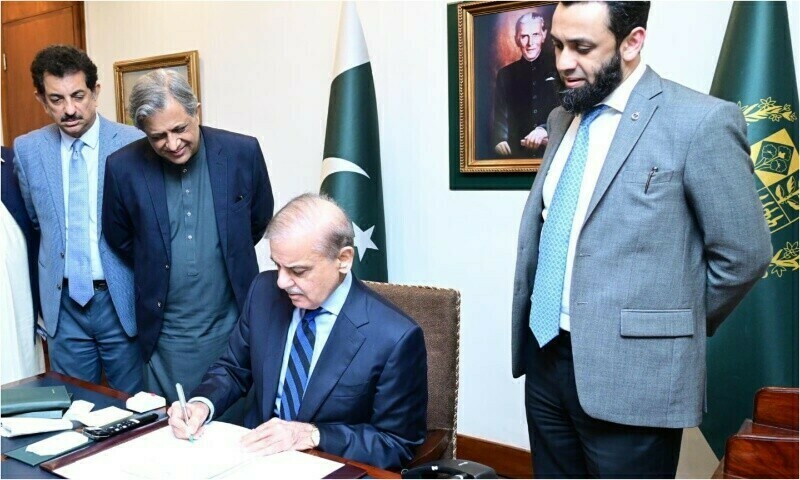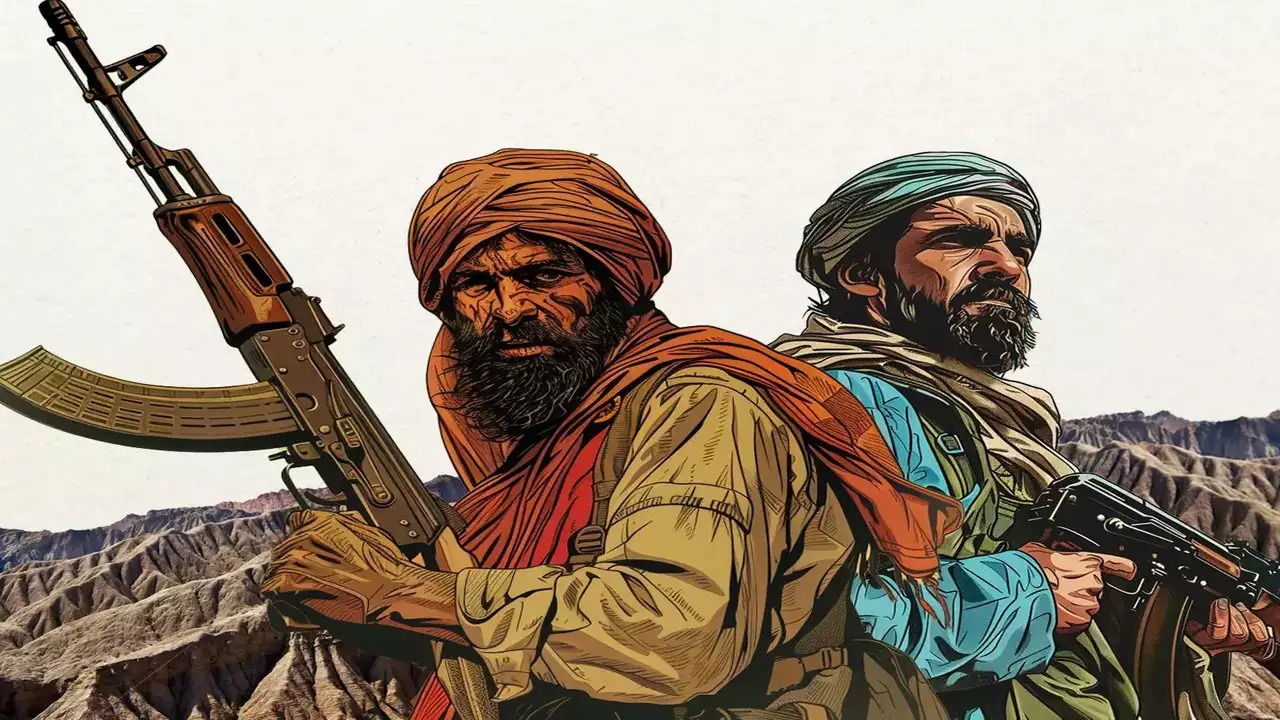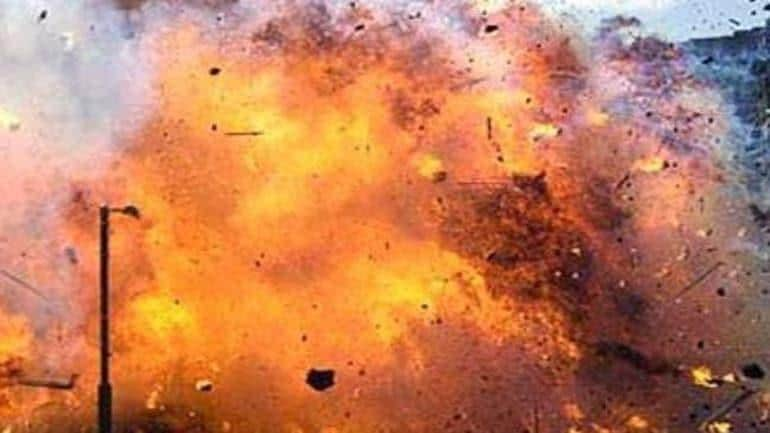By: Fakhra Sikander –In a state of division and turmoil.
The current state of politics in Pakistan has become increasingly tumultuous and uncertain, with no sign of a resolution. Despite the Prime Minister’s efforts to bring the political parties together through an all-parties conference, the situation has only escalated. The dissolution of the assemblies in Punjab and Khyber Pakhtunkhwa has added to the already heated political conflict between the government and the opposition.
Opposition leader Imran Khan hoped this move would lead to early general elections. Still, the ruling alliance has steadfastly maintained that national polls will only be held once the parliament’s full term has been completed in August. Meanwhile, the government is now faced with the constitutional obligation of holding elections for the provincial assemblies within 90 days. However, the governor of Punjab has not yet fixed a date for the election, despite the Election Commission of Pakistan proposing dates and reminding the governor of their constitutional duty.
Some members of the PML-N party have argued for delaying the provincial elections, citing the need to conduct a digital census, which is set to begin in March and the financial cost of holding multiple polls. However, these arguments ignore the constitutional stipulations and the fact that such decisions cannot override them. The PML-N party seems to believe that holding the provincial elections within 90 days would benefit the opposition, notably Imran Khan’s PTI party, which could set the tone for the national polls later on.
Given the economic hardships caused by the measures taken to resume the IMF loan program and the worsening energy crisis, the ruling alliance needs more time to make a course correction and improve its position before the elections. Additionally, party leaders believe that more time is needed to resolve internal discord and divisions within the PML-N party in Punjab, which is currently facing internal chaos.
The political turmoil and intense power struggles in Pakistan are becoming increasingly concerning and disconnected from the reality of the country’s pressing challenges. Despite Prime Minister Shehbaz Sharif’s attempt to call an all-parties conference to address the country’s multiple crises, political leaders appear unwilling to put aside their political battles to find solutions. Instead, recent developments have only added to the confusion and volatility in politics.
The end of the Punjab and Khyber Pakhtunkhwa assemblies has made it harder for the government and the opposition to get along. Imran Khan, the leader of the opposition, hoped that this would lead to early general elections. However, the alliance in power has said that national elections won’t happen until August, when parliament’s full term is up. This has left the PML-N-led government with the constitutional obligation to hold elections to the provincial assemblies within 90 days. But the governor of Punjab is hesitant to set a date, even though the Election Commission of Pakistan (ECP) has reminded him of his constitutional duty and suggested dates for the elections.
Some ruling party members have tried to delay the provincial elections, citing the upcoming digital census and the cost of holding multiple elections. They believe that holding provincial polls within 90 days would advantage Khan and the PTI, and more time is needed for the ruling alliance to improve its position before going to the polls. However, any effort to delay the elections could spark a constitutional crisis and leave the court to decide.
The governor of KP said that the elections should be put off because of the province’s lack of law and order. In a letter to the ECP, the Punjab government also talked about the country’s security and economy. If provincial elections are held on time, elected governments will be in place rather than a neutral caretaker government when general elections are held, which could cause complications.
By-elections were set for 33 National Assembly seats on March 16 and 31 on March 19. This adds to the political chaos that is already going on. The results of these elections could change how politics work in general elections, but the PTI candidates who win won’t even be able to join the National Assembly. The PPP has decided to contest the by-elections, but PML-N is still undecided, further emphasizing the party’s indecision and lack of leadership.
Political turmoil, power struggles, and appeals to the courts to settle political disputes occur when the country faces severe financial and security challenges. The searing political divide and polarization raise serious concerns about what might happen before, during, and after general elections. Since political parties are always fighting and can’t agree on anything, political stability in the country is still hard to come by and is badly needed.
Read More: A Study of Poverty of Thought
















































